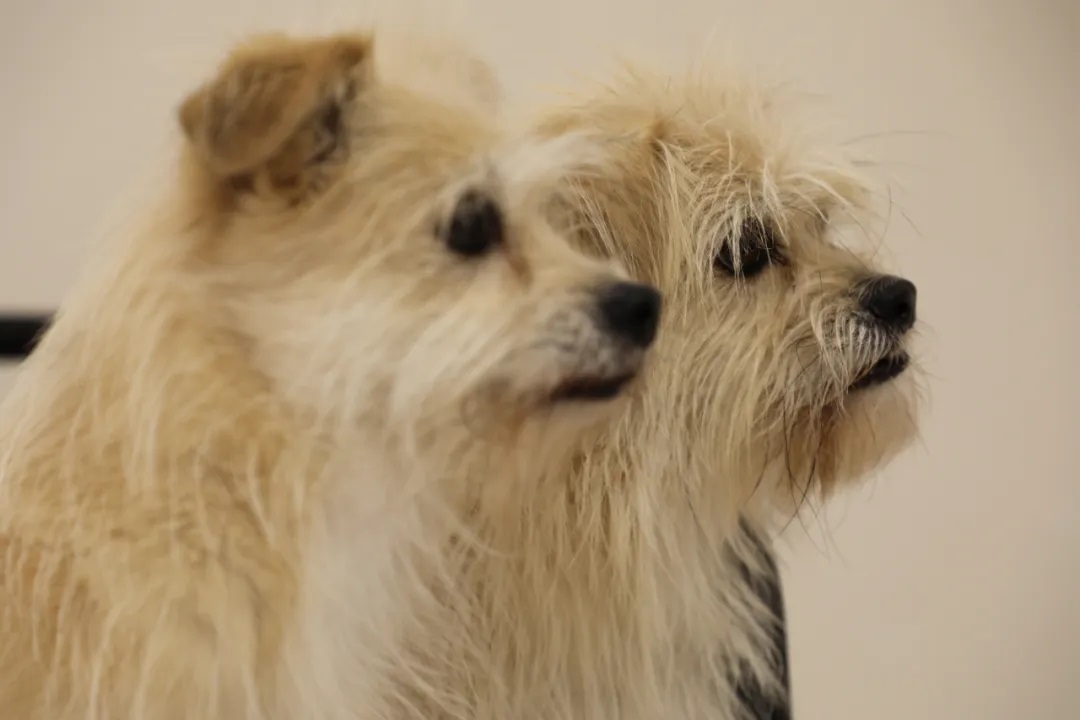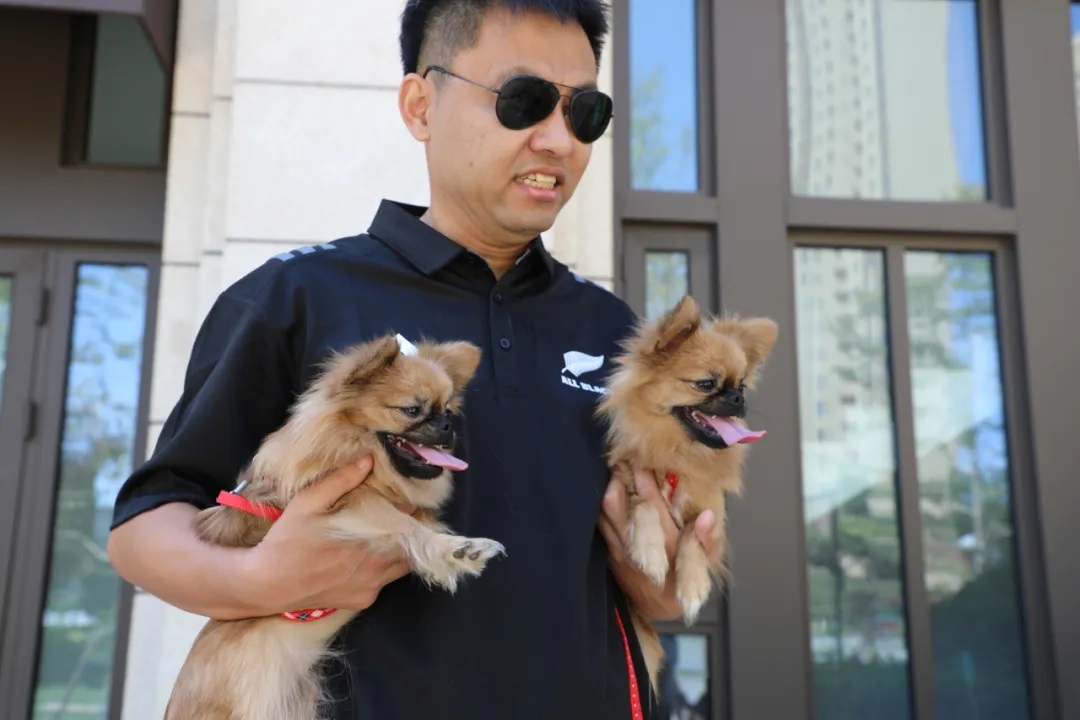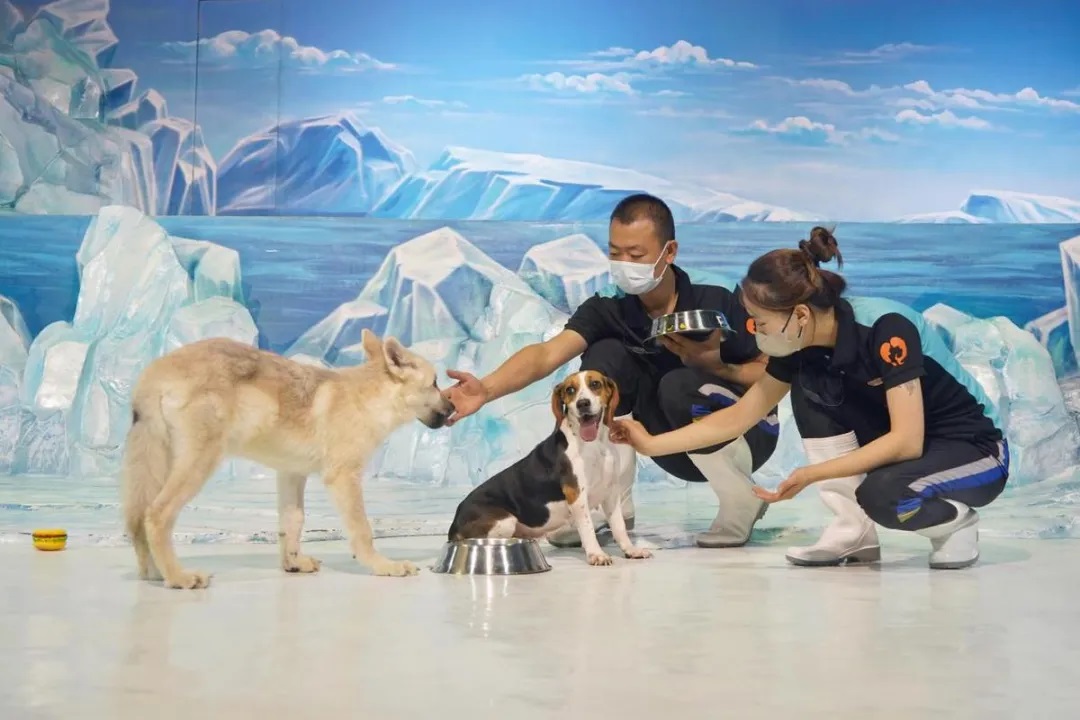
Are cloned pets truly identical?

Cloning is genetic replication, and the identity of genes can reach more than 99%. Facial features, bone structure, height, breed characteristics, innate intelligence, innate personality, and sex determined by genes are all the same.
For example, we have a case of the movie star dog Juice, who appeared in the movie "Breakup Buddies". Its clone and the original are basically identical. It is worth mentioning that Juice, unlike ordinary pet dogs, has a six-toed foot, and the clone of Juice also completely replicates this characteristic.
Can elderly dogs also be cloned?

Yes, cloning a pet does not discriminate by age. The difference between young and elderly dogs lies in the situation of cell lineage, and the successful cell lineage is the key to cloning. Many studies have shown that the younger the animal, the better its cell state and the stronger its proliferative capacity. Therefore, young dogs have a higher success rate of cell lineage than elderly dogs. As long as the cell lineage is successful, cloning is possible for both elderly and young dogs.
Can pets be cloned if they suddenly pass away?

The tissue of a healthy pet is maintained by the organism itself, and the separated cell state is better. After death, the state of pet skin tissue relies entirely on the external environment, which may make it impossible to separate living cells, thus leading to cloning failure.
However, we often encounter clients who want to clone their pets that have suddenly passed away. In such cases, it is necessary to promptly preserve the pet's body at low temperature, waiting for technicians to collect samples. If the body is small, it can be wrapped in a wet towel and placed in the refrigerator's freshness layer, with temperatures around 0-4 degrees Celsius; if it is not possible to preserve in the refrigerator, some ice cubes can be made and placed together with the pet's body, regularly adding ice cubes can achieve the preservation effect as in the refrigerator; cloning has a higher success rate if the sample is taken within 1 week of the pet's death, and the longest is within 2 weeks after death, but the success rate of cloning will decrease.
Can exotic pets be cloned?

The development process of cloning animals can be divided into three stages: 1. Cloning of amphibians starting in 1958; 2. Cloning of lower mammals starting in 1997; 3. Cloning of non-human primates starting in 2018.
Exotic pets refer to some non-traditional pets, such as lizards, snakes, turtles, birds, insects, etc. Most exotic pets currently cannot be cloned, not because cloning exotic pets is not meaningful, but because the reproductive processes of exotic pets are different from those of mammals. Most exotic pets do not have a uterus, and when born from an egg containing a fertilized egg, the embryo already has a large number of cells, making it difficult to form viable fused cells. Therefore, to clone exotic pets, scientists have a long way to go. As professionals in the field, we look forward to the successful cloning of exotic pets soon.
